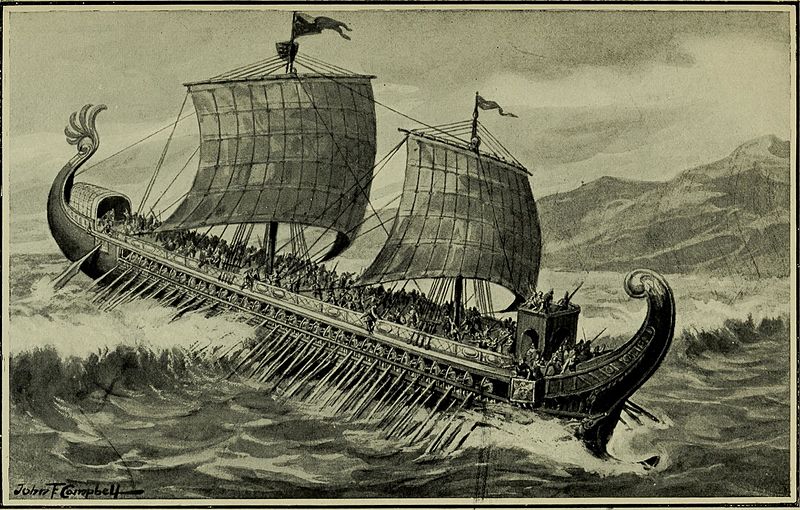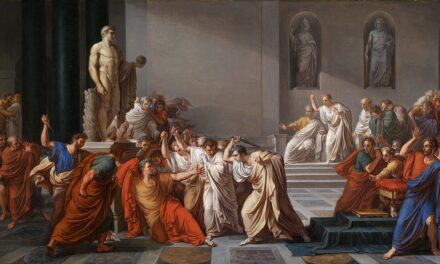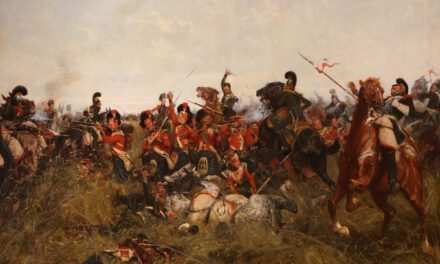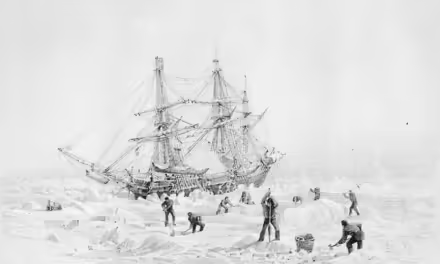History Guild General History Quiz 101
See how your history knowledge stacks up!
Want to know more about any of the questions? Once you’ve finished the quiz click here to learn more.
Have an idea for a question? Suggest it here and we’ll include it in a future quiz!
The stories behind the questions
1. The Arabic, Hebrew, and Greek alphabets are all derived from the alphabet of which group?
Phoenicians – Find out more about the history of the the languages of this region.
2. Britain’s early police were given a nickname based upon which Prime Minister?
Robert Peel – He was instrumental in the creation of the London Metropolitan Police, who are nicknamed Bobbies, after Robert, and in the past were commonly called Peelers, after Peel.
3. Which cause were the 1969 Stonewall demonstrations supporting?
Gay rights – The Stonewall riots were a series of spontaneous demonstrations by members of the gay (LGBT) community in response to a police raid that began in the early morning hours of June 28, 1969, at the Stonewall Inn in the Greenwich Village neighborhood of Manhattan, New York City.
4. Under which monarch did the Prince of Wales become a part of the British Royal Family?
Edward I – The tradition of conferring the title “Prince of Wales” on the heir apparent of the monarch is usually considered to have begun in 1301, when King Edward I of England invested his son Edward of Caernarfon with the title at a Parliament held in Lincoln. According to legend, the king had promised the Welsh that he would name “a prince born in Wales, who did not speak a word of English” and then produced his infant son, who had been born at Caernarfon, to their surprise. However, the story may well be apocryphal, as it can only be traced to the 16th century, and, in the time of Edward I, the English aristocracy spoke Norman French, not English.
5. What was the order of construction of these canals, earliest to latest?
Grand Canal in Venice – The Grand Canal in Venice probably follows the course of an ancient river, and there are records of it’s use as a canal since Roman times.
Suez Canal – Completed in 1869.
Panama Canal – Completed in 1914.
6. Where was the capital of the Roman Empire under Emperor Constantine I?
Byzantium, which was renamed Constantinople – After defeating his rival Licinius to become sole emperor of the Roman Empire in 324BCE, Constantine I decided to establish a new capital at Byzantium. It was renamed Constantinople in 330BCE.
7. What was the outcome of the Crimean War?
Anglo-French-Ottoman – The Crimean War spanned October 1853 to February 1856. Russia lost to an alliance made up of France, the Ottoman Empire, the United Kingdom and Sardinia. The Crimean War marked a turning point for the Russian Empire. The war weakened the Imperial Russian Army, drained the treasury and undermined Russia’s influence in Europe. Russia would take decades to recover. The Crimean War included the famous Charge of the Light Brigade.
8. Which political party are these people a part of?
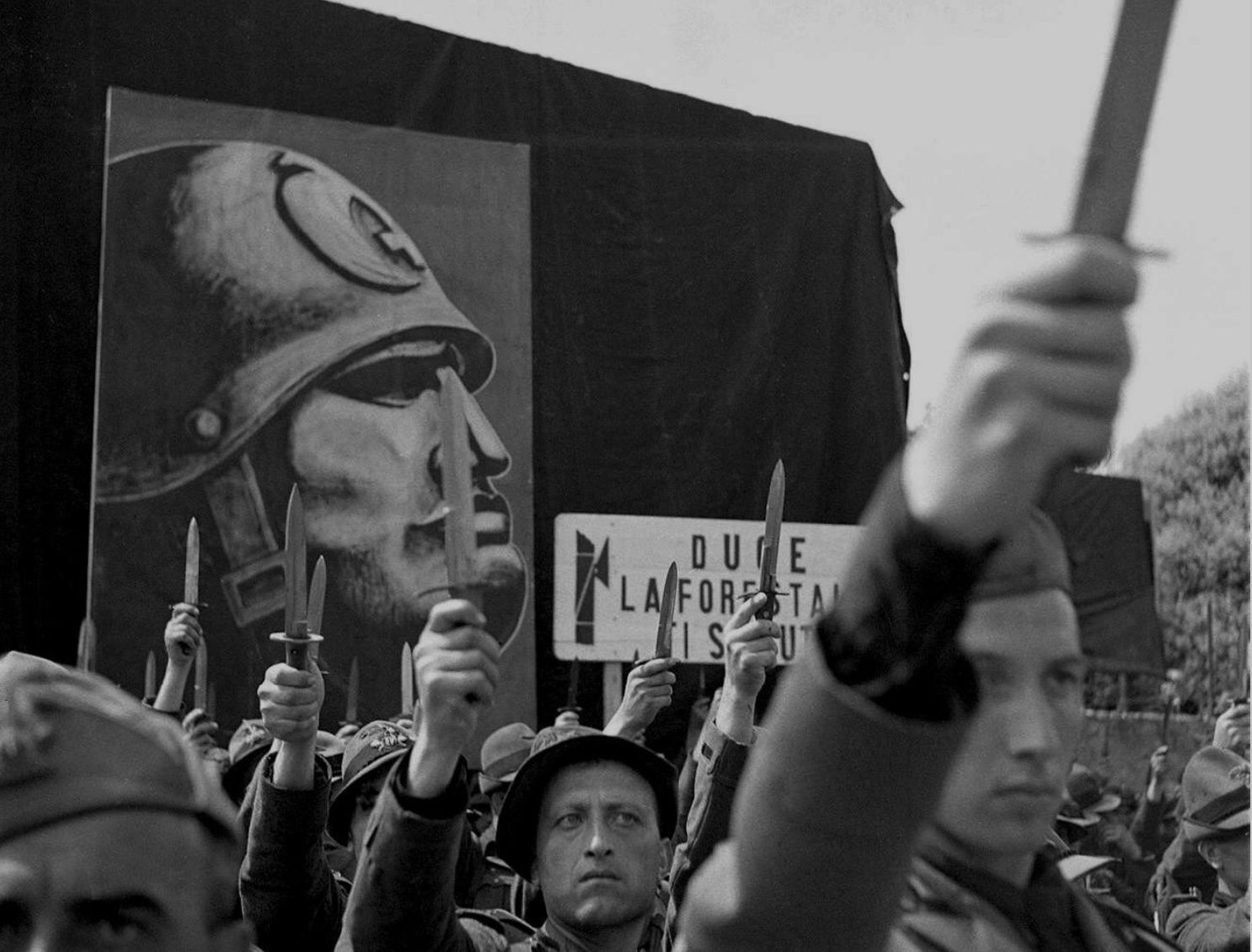
Italian National Fascist Party – Italian Fascism was rooted in Italian nationalism, national syndicalism, revolutionary nationalism and the desire to restore and expand Italian territories, which Italian Fascists deemed necessary for a nation to assert its superiority and strength and to avoid succumbing to decay. Italian Fascists also claimed that modern Italy was the heir to ancient Rome and its legacy, and historically supported the creation of an imperial Italy to provide spazio vitale (“living space”) for colonization by Italian settlers and to establish control over the Mediterranean Sea.
9. Which of the following people have NOT been a UN Secretary General?
Henry Kissinger – US Secretary of State
Dag Hammarskjöld – 1953-1961, advocate for independence for African former colonies. Died in a suspicious aircraft accident in 1961.
U Thant – 1961-1971, played a key part in the negotiations leading to the end of the Vietnam War.
Kofi Annan – 1997-2006, introduced the doctrine of “Responsibility to Protect”, which is a global political commitment to prevent genocide, war crimes, ethnic cleansing and crimes against humanity.
10. By what name is Leningrad now known?
Saint Petersburg – A city of many names! Originally Sankt-Peterburg, after the outbreak of World War I, the Imperial government renamed the city Petrograd to remove the German connotations. In 1924, shortly after the death of Vladimir Lenin, it was renamed to Leningrad. In 1991, the original name, Sankt-Peterburg, was returned by citywide referendum. Today, in English the city is known as Saint Petersburg.

